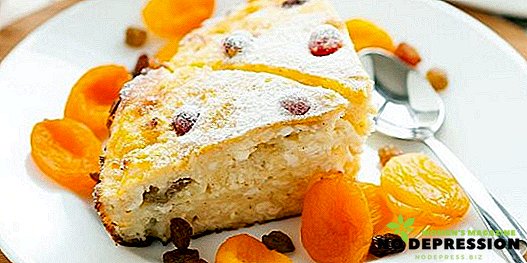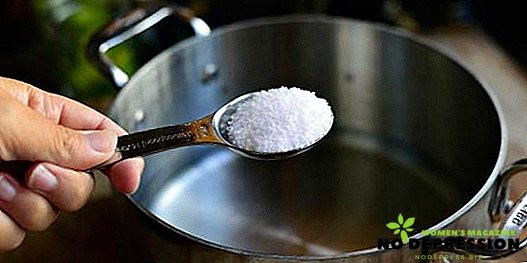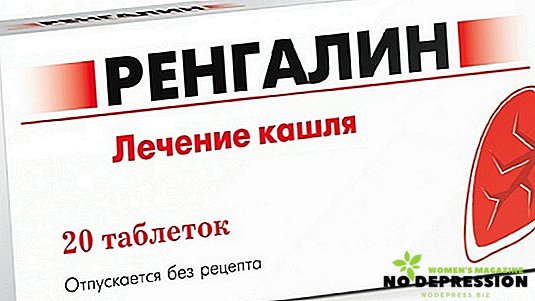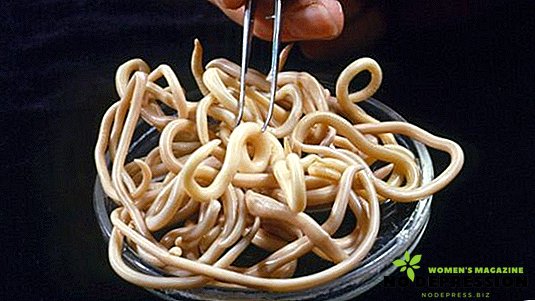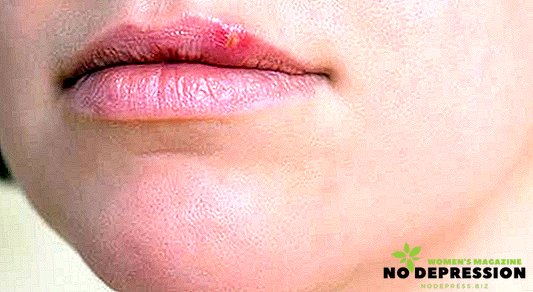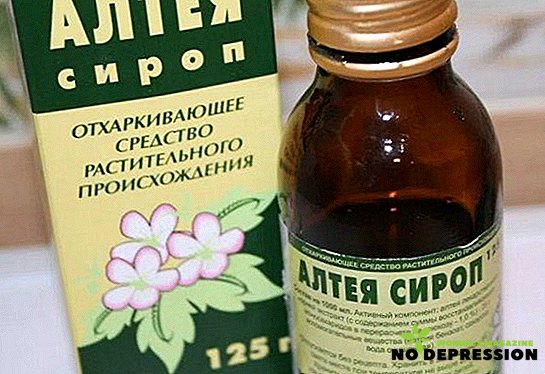A balanced diet, necessary for the health of the child, is simply impossible without fresh vegetables and fruits. However, even long-known and micronutrient-rich fruits can harm a child. How to avoid it?
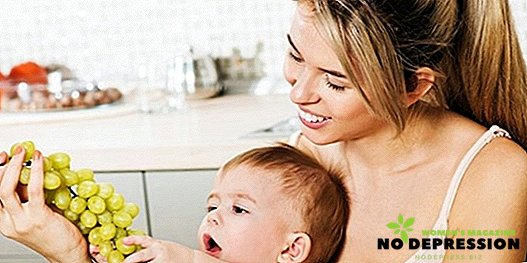
How to choose fruits and berries, so as not to harm the baby
Nursing mothers, in the preparation of the diet, are always advised to focus on their own feeling and well-being of the baby. Of course, there are tips to help you choose the right products:
A monthly child should pick fruit by the exception method:
- color: any red and orange fruits cannot be, because their pigment (which stains them) can provoke an allergic skin reaction. The exception is peeled red apple;
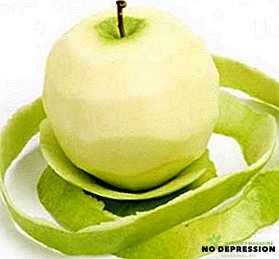
- Rhode: you can not citrus, because the high content of vitamin C makes the fruit in strong allergens. The exception is a slice of lemon in a cup of tea;
- the degree of influence on the intestines: you can not eat fruits that puff and cause flatulence - grapes, plums, pears. Plums are also a strong laxative, so you can eat them with constipation;
You should choose seasonal and local fruits that are more familiar and familiar to the body: in summer and autumn you should eat apples, apricots, peaches, watermelons and other local fruits.
If you had to breastfeed during the winter season, you can replace the fruit with dried fruit, eat winter apples and persimmon
You can eat citrus fruits (oranges, tangerines, lemon) only in the winter and only in small quantities, constantly watching the child and noting his reaction.
Panicking when a rash occurs is not worth it - a calm mother is extremely important for the child, and a pediatrician will help identify the causes of diathesis and prescribe treatment.
What fruits and berries can be eaten nursing mom?
Some mothers prefer to sit on a strict diet, without eating any vegetables or fruit. This approach is wrong and you can safely use:
- Apples are a seasonal and common fruit that is safe and does not cause allergic reactions. In addition, they stimulate the appetite and are rich in vitamins. It is best to start eating green varieties and baked apples;
- pears - this fruit is extremely rich in vitamins and trace elements (in particular potassium) and does not contain allergens. However, there are varieties of pears that are excessively saturated with fiber, so their use should be abandoned for up to 3 months;
- grapes - it can also be consumed, but carefully choose varieties. It is advisable to eat only bunches of light colors, since wine varieties (red, blue) can cause frustration or colic;
- Kiwi and bananas should be introduced gradually (preferably after 3 months) and eaten metered, although they are rich in vitamins, but they are exotic and may not be taken by the child’s body;
- pomegranate - this fruit is rich in trace elements and vitamins, saturates the blood and is the prevention of anemia. Enter it into the diet should be gradually.

Mothers should first of all listen to their body and eat in small quantities what they strongly want.
What vegetables can be nursing mom newborn
Speaking of vegetables allowed during lactation, it is worth recalling that among them there are also prohibited and permitted options.
Vegetables are the best suppliers of vitamins, so you need to eat them and give preference to:
- potatoes - it can be eaten immediately after birth with stewed and boiled. You can eat it in the soup or cook for a couple;
- cauliflower and broccoli - saturated vitamins, these vegetables do not cause, unlike white cabbage, swelling and flatulence. They can also be eaten boiled and stewed;
- zucchini and bell peppers - rich in vitamins C, they do not contain allergens and are well absorbed by the stomach;
- beets - only in the absence of allergy in the baby. Beets improve the activity of the digestive system and enrich the body with vitamins and minerals;
- of greens, it is imperative to eat green onions and celery - onions will increase the protective forces of the mother and child from viruses and bacteria, while celery will prevent bloating and intestinal colic in the baby.

Among the undesirable vegetables are present:
- white cabbage, beets, cucumbers and eggplants - they exert a strong load on the digestive system of the child and contribute to excessive gas formation in the intestine;
- carrot - has a laxative effect and causes allergies;
- Tomatoes are also strong allergens, so they are forbidden to eat for up to 6 months.
The first couple of months, all vegetables are better to eat boiled or stewed, and eat raw only as part of salads with vegetable oil. Moreover, preference is given to olive, because with it vegetables are better absorbed.

Table of permitted seasonal fruits, berries and vegetables
Seasonal vegetables and fruits are not only of high quality, because they ripen themselves without pesticides and are not exposed to the negative effects of transportation, but also high in vitamins. The table of vegetables, fruits and berries by the ripening month is as follows:
| Season | Vegetables | Berries and fruits |
|---|---|---|
| January to February | Red and Brussels sprouts, turnips with artichokes. | The whole group of citrus, including quince with persimmon. |
| From April to May | All kinds of salads, rhubarb, spinach and asparagus crops. | |
| June | Bean crops, radishes, carrots, pumpkin crops (zucchini, zucchini), nightshade (sweet pepper, chili, etc.) cauliflower. | All berries (from raspberry to currant) |
| July to August | Potatoes, tomatoes, nightshade (zucchini, blue), cucumbers, bell peppers. Legumes All types of greenery. | All berries. Peach, apricot and plum trees bear fruit. |
| August | Sweet corn, red onions and bulb, swede, beet. | Melon cultures, plum, nectarine. Summer berries and sea buckthorn. |
| September to October | Late cucumbers and tomatoes, peppers, pumpkin cultures and solanaceous. Leek, cabbage, horseradish. | Autumn varieties of apples and pears, figs, melon crops, cranberries and sea buckthorn. |
| From November to December | Pumpkin with turnip. Brussels sprouts. Leek. | Citrus, pomegranate. |
The use of vegetables, fruits and berries in accordance with their ripening in the local regions is the key to the use of fresh products with a minimum content of pesticides.
What is prohibited after childbirth?
Among the forbidden fruits are:
- citrus fruits: grapefruit, pomelo, lemon;
- plums;
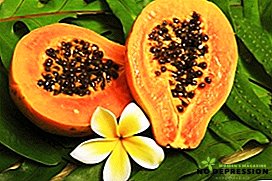
- wine grapes;
- exotic fruits: coconut, mango, papaya, kiwi.
Among the berries there are also undesirable options. For the most part these are red berries that cause diathesis - strawberries, strawberries, raspberries.
However, it is also undesirable to use sea buckthorn, because it contains a large amount of vitamin C and may cause an allergic reaction.
Also, do not eat and some vegetables: cucumbers, cabbage, eggplant, onions, garlic, tomatoes. They are poorly digested, causing colic.
Allergy symptoms, what actions you need to take immediately
If an allergen enters the baby’s body, the reaction to it may be different:
- rash;
- peeling of the skin;
- diaper rash;
- allergic rhinitis and stuffy nose;
- constant and abundant regurgitation;
- vomiting;
- diarrhea;
- labored breathing;
- Quincke swelling.

It is not recommended to treat allergies yourself, however, if the allergic reaction is very strong, you should:
- lubricate the skin with anti-allergic ointment for babies (fenistil, bepanten);
- call an ambulance;
- Give your child an antihistamine drug, having previously phoned to an ambulance or pediatrician (diprazin, suprastin, claritin).
In any case, if a rash or other allergy symptoms occur, you should immediately show the child to the pediatrician.
For more information on nursing allowed fruit, please refer to this video.




